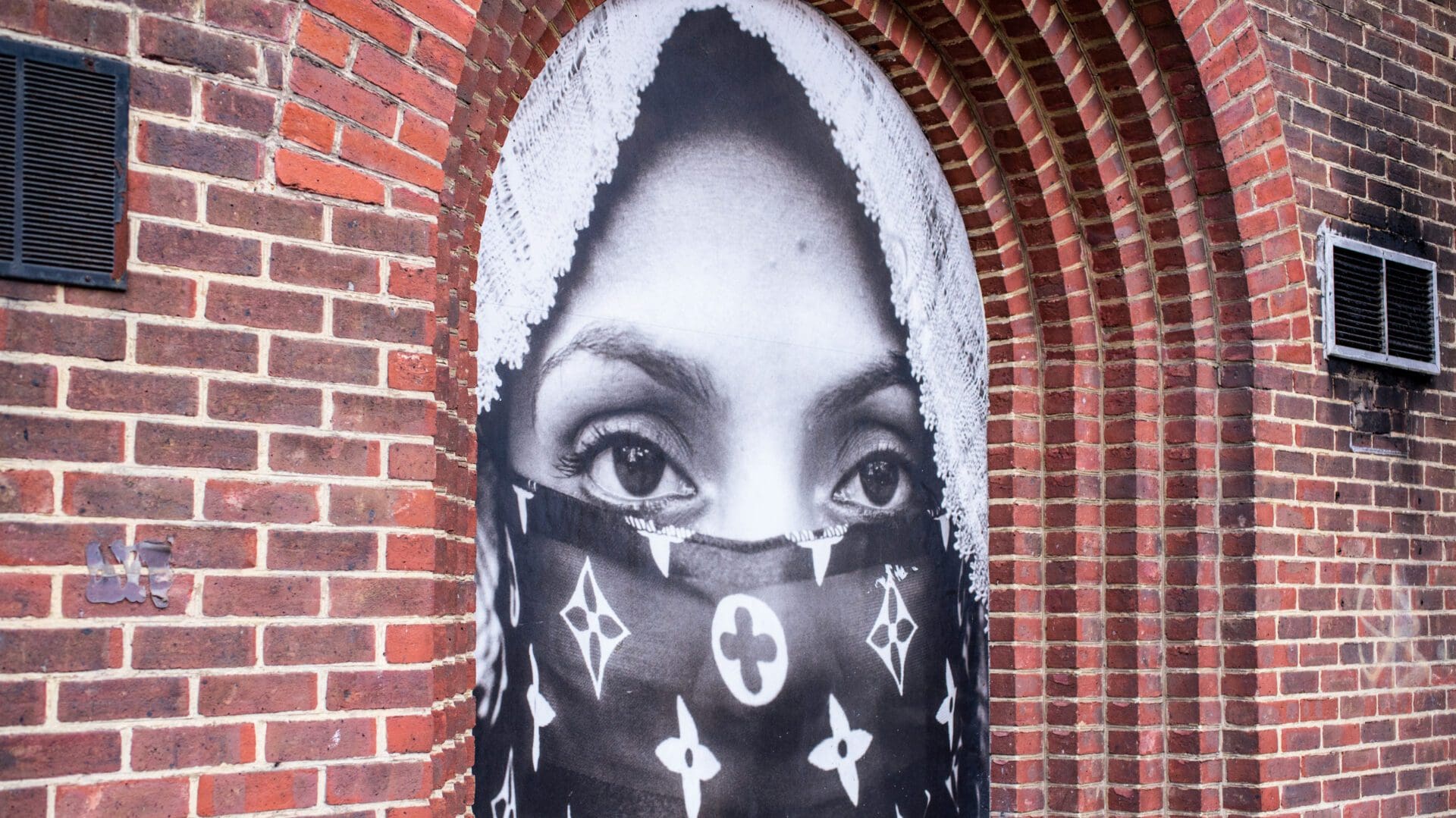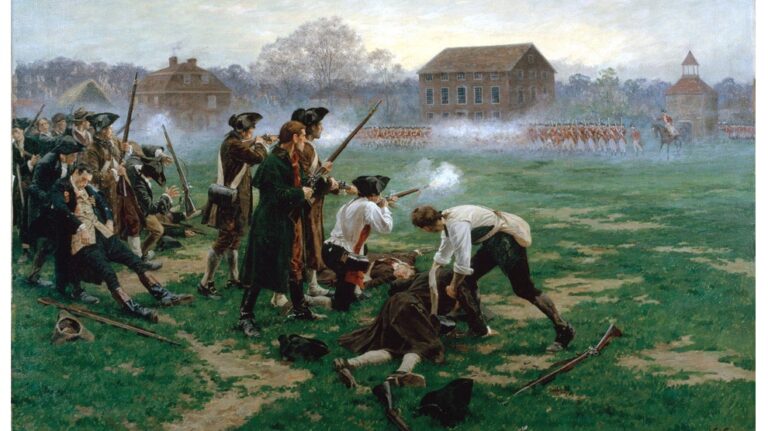A Review of British Islam and English Law: A Classical Pluralist Perspective by Patrick S. Nash
The relationship between the modern state and religion has often been a fraught one. In Europe, it took several hundred years of struggle against the religious claims of various confessions to establish secularism. In France, in 1791, the Revolution abolished the crime ‘of speaking sacrilegiously about God or sacred things’.1 Later the Third Republic’s law establishing freedom of the press (1881) removed the offence of ‘moral and religious outrage’ from the French legal code, thus guaranteeing the right to speak freely about religious norms.
In a theocracy, law is religious law: every crime is recognized as a sin, and every sin proscribed as a crime. This is the case in contemporary Afghanistan and Iran, but in the West, the divergence between sin and crime since the Enlightenment has been a notable political achievement. Yet, it is not, as we now witness daily, an absolutely secure distinction.
In Europe and the United States, the separation was only slowly achieved. It required two factors. First, the variety of moral and religious opinion which appeared in these increasingly complex societies could have destroyed any possibility of social cohesion if the government had imposed a single moral or speech code. Secondly, Christian principles permeated the moral understanding of European societies, Christianity accepted a distinction between sin and crime, between what must be avoided if salvation is to be achieved and what might be legitimately demanded by Caesar and the civil law.
However, if the distinction between crime and sin was one of the outstanding achievements of Western democratic practice, it is now under threat, not from any Christian revivalism but from an intransigent Euro- Islam that rejects any distinction between sin and crime. The rapid growth of a European Muslim population since the 1960s, together with a new political insistence on the need to respect minority beliefs, threatens to turn the secular clock back, as the recent assault on Sir Salman Rushdie, and the equivocal media response to it, all too disturbingly attested. A curious mixture of empathy with a minority culture and self-censorship that appeases religious fanaticism and facilitates a climate of doublethink conducive to violence and fear currently threatens the cornerstone of the West’s secular pluralist democracies.
In academe and the mainstream media, elite respect for and tolerance of multicultural understanding has reinforced this anti-secular tendency. Central to the closure of the secular mind are speech acts that foreclose debate, conceal and prevent thought, and label pejoratively those who seek to expose the totalitarian nature of Islamism’s political religion. The abstract term ‘Islamophobia’ does precisely this. Shiite propagandists first coined the term in the wake of the 1979 Iranian Islamic Revolution. Later, those campaigning against Salman Rushdie’s novel The Satanic Verses realized they had more to gain by transforming their status from assassins implementing a religious fatwa to the oppressed victims of Islamophobia.
Although the imposition of sharia law, rather than the secular variety, together with the proscription of any blasphemous treatment of the prophet by satirists, artists, or filmmakers has had a nefarious effect throughout Western Europe and the United States, its prevalence and official tolerance is particularly problematic in the UK. Here, as the barrister and legal historian Patrick Nash writes, ‘conventional jurisprudence has proved itself inadequate to the task of conceptualising the relationship between Islam and English law’.2
The Closing of the Common Law Mind
In the UK and across the English-speaking world, the modern state came to be understood as an association whose members subscribe to a variety of beliefs, and yet live under one, common, law. Yet, as Nash shows in his study of British Islam and English Law, successive governments struggled to address the difficulties that Muslim cultural and religious understandings pose for a secular democratic order. This is the fault, not of Islam, Nash argues provocatively, but the prevalence of progressive liberal and multiculturalist theories of justice that have influenced the official treatment of British Islam and paralysed any effective legislative response.
Somewhat perversely, the influence of American understandings of social justice and individual rights, dating from the Harvard philosopher John Rawls’s Theory of Justice (1971) and his leading disciple, Ronald Dworkin’s insistence upon Taking Rights Seriously (1977), has exercised a remarkable and not entirely helpful guidance on English jurisprudence. The ‘peculiar magic of Americanisation’ imbued an otherwise banal, but indubitably progressive, theory of social justice, and its treatment of equality and liberty as commensurable values, with glamour and naturalness. ‘Like the hot dog or the blow job’, Nash writes, ‘it became a signature US export and a runaway global success.’3
Success or not, a Rawlsian neutral state promoting a procedural theory of justice and universal, abstract rights consistently misreads the role religion and culture play in the life of a secular state. Somewhat problematically for Dworkin, the rule of law cannot rely upon a framework of purely individual and derivative rights in addressing religion, because a church or a mosque is not simply an aggregation of individual members’ interests. A mosque is instead a set of rights, immunities, privileges, and powers held by the religious association as such.
Treating such non-state entities as mere aggregations of individuals is not only descriptively inaccurate, it also makes it difficult to understand ‘collective agency whenever informal but tangible groups are involved in harmful activities’ like, for example, running protection rackets or waging jihad. Where Islamic group behaviour threatens the stability of institutions ranging from banks to the governance of schools, liberal progressive influence on legal decisions has been ‘characterised by paralytic equivocation or circumlocution’.4
Somewhat differently, the multiculturalist approach to group rights and obligations has exercised an even more deleterious influence over the government’s debilitated response to the conduct of minorities in the UK over the last half century. In the formulation of Bhikhu Parekh and Tariq Modood, its leading British academic advocates, multiculturalism represents an exercise in moral emotivism. It assumes firstly that minority cultures, like the purportedly monolithic Muslim community, rather than individuals, possess agency and rights and secondly, that there are no universal moral truths.
From this relativist standpoint, an ethical statement is no more than a sentiment of disapproval followed by an exhortation to desist from certain behaviour. Laws and policies merely express collective moral sentiments enforced by popular feeling. Multicultural difficulties inevitably arise when a minority group’s understanding clashes with that of the majority. In order to reflect its multicultural sensitivity, a progressive commitment to justice, Parekh contends, must go beyond ‘racism and culture blind strategies of social inclusion’ and exert ‘an explicit focus on race equality and cultural diversity’.5
‘The multiculturalist assertion that British Islam constitutes a coherent body of beliefs and practices is thus antithetical to the common associational life’
In order to safeguard minority communities in complex modern democracies from both external assault and the too stringent application of a secular, but common law, multiculturalists demand additional protection for minorities via the aggressive prosecution of defamation and hate speech laws. A further implication of this preoccupation with blasphemy means that ‘national identity must be remade to accommodate’ and ‘recognize’ often very different cultural communities.6 From this, an evolving wokeness inexorably follows. Mere colour blindness over time turns into what Kehinde Andrews terms ‘white psychosis’ and is itself racist.7 Meanwhile any criticism of minority religious practices, be they a predilection to violence against the infidel or a taste for female genital mutilation (FGM), can easily be construed, from this mutable perspective, as perpetuating the omnibus hate crime—Islamophobia.
In other words, cultural relativism enables its multicultural exponents to hold contradictory beliefs, make self-negating statements, and espouse an erratic kind of empathy while remaining committed to all of them. In its English version, multiculturalism actually represents a form of what the Princeton philosopher Harry Frankfurt termed ‘bullshit’ displaying indifference to ‘truth and reality’ and even in its more lucid moments ‘manifestly unprofound and unclarifiably unclear’.8
Bullshit notwithstanding, adumbrated by liberal progressivism, multiculturalism has exercised a profound and profoundly unhealthy influence upon English institutions and the common law treatment of blasphemy and racism evident from the promulgation of the 2006 Equality Act and the subsequent proliferation of hate speech legislation. As a result, the English law of religion and its treatment of minority cultures has become, Nash writes ‘a mouldering hash of these two unsatisfactory traditions: a baseline of individual rights grafted with concessions to group sensibilities’.9
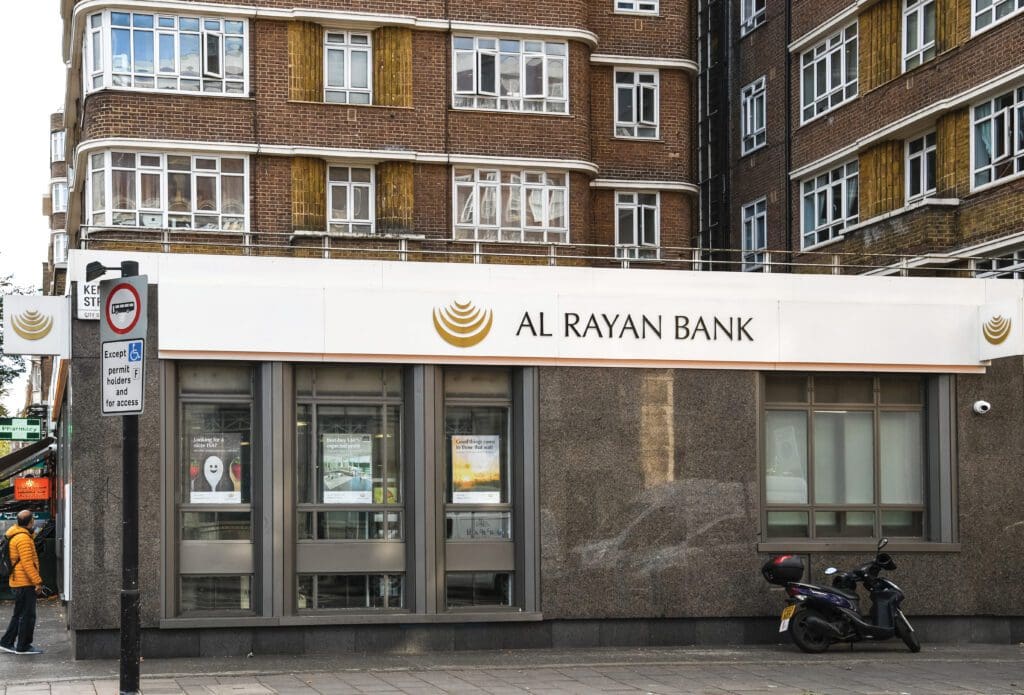
Reviving Secular Pluralism
To correct the deracinating impact of liberal and multiculturalist responses to British Islam and minority cultures more generally, Nash proposes to revive a historical understanding of common law found in a nineteenth-century jurisprudential thought. This approach directly addressed the status of various groups or associations within the overarching political order of a unitary state. This pluralist perspective first arose in Germany, where philosophers and legal academics placed a renewed emphasis on distinctive and historical legal understandings. It contrasted with, and contested, the previously dominant, universalist Roman and natural law traditions. The new historical school informed the reformation of the German civil code of 1898. In the process, its leading exponent, the legal scholar Otto von Gierke, developed a theory of groups, or ‘fellowships’, and how they ought to function within the state that guaranteed their rights.
Sir Ernest Barker, who translated part of Gierke’s four-volume work Der Deutsche Genossenschafftsrecht into English (The German Law of Associations),10 wrote that, in Gierke’s view, the modern state should control and regulate society and its various groups. ‘It should do its regulating liberally, recognizing in its regulation of groups that it is regulating real (legal) persons.’11 From this juridical perspective, the state is essentially law. It exists in order ‘to secure a right order of relations between its members expressed in the form of declared and enforced rules’. The state is, therefore, ‘by its very nature an association designed to secure the minimum of friction and the maximum of development among all the moral personalities which are members of that association’. Moreover, it must necessarily be guided by a definite principle in ‘selecting recipients of the guaranteed capacity of action within the scheme of its life which constitutes its legal personality’.12
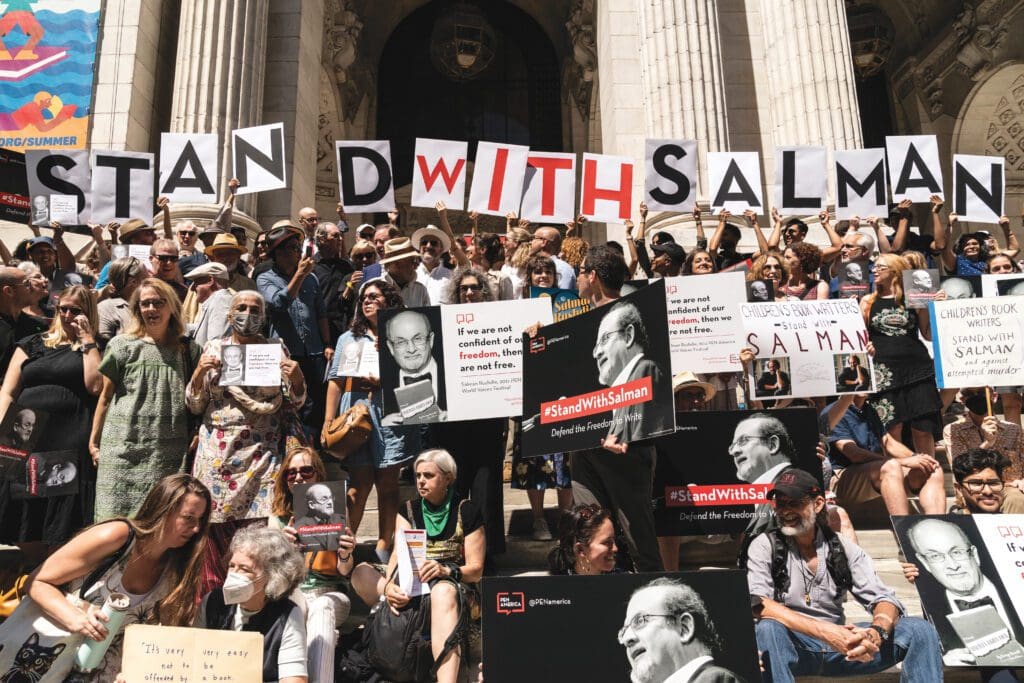
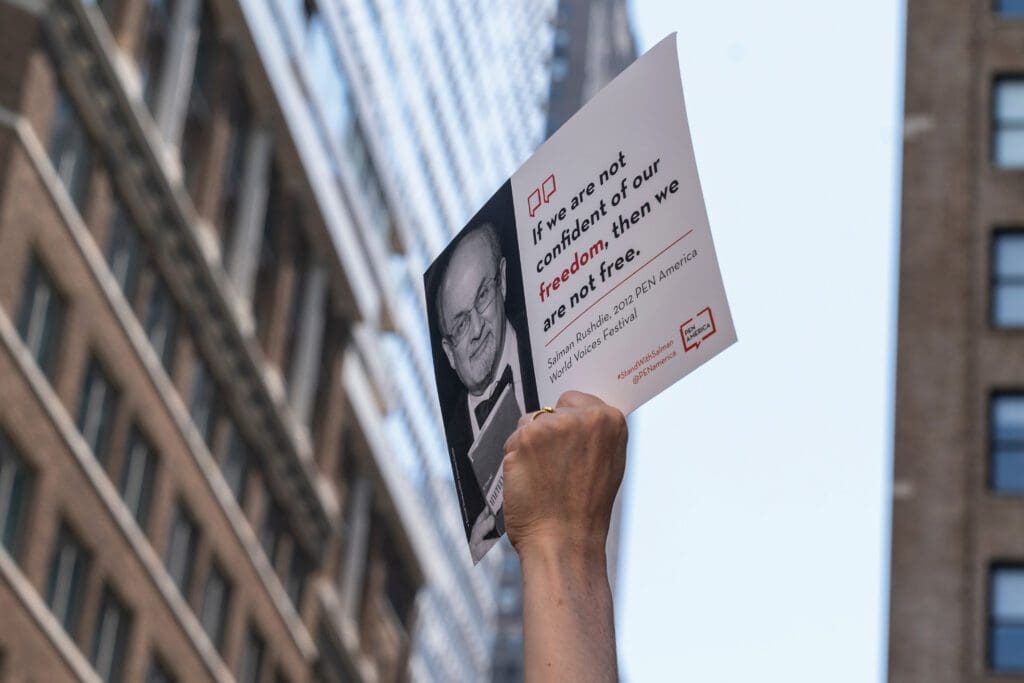
From the late nineteenth century, Gierke’s thinking deeply influenced English political theorists and legal scholars developing a conservative English school of jurisprudence and political pluralism. Not only Sir Ernest Barker, but also J. N. Figgis and Michael Oakeshott found the German theory of group rights insightful. It informed Oakeshott’s politically salient distinction between a modern civil, political association and a managerialist enterprise.
More particularly, the seminal twentieth-century historian of the English legal tradition and the common law mind, Frederic William Maitland, found Gierke’s insights clarifying his view of early English legal understanding and how it subsequently evolved into a unique and distinctively English, rather than European and Roman, common law practice. Maitland, like Barker, translated Gierke and corresponded with him about the English law governing trusts as English forms of fellowship or unincorporated associations.
‘The importance of Nash’s book rests in its provocative attempt to revive the notion of group fellowship and apply it to the Muslim problem’
This once influential understanding of groups endowed with legal personality and rights contributing productively and pluralistically to the life of the state fell into desuetude in the late twentieth century. The importance of Nash’s book rests in its provocative attempt to revive the notion of group fellowship and apply it to the Muslim problem. Associations ‘are essential to the health of a free society’. ‘Absent membership in them’, Nash writes, ‘and man would be unrecognizable and diminished, his participation in, and protection from, the political life of the state meagre.’13
Yet, the application of the common law traditionally acted as the connective tissue linking each individual and group, whether through participation in self-help bodies, football teams, trade unions, or business federations, both to each other and to the body politic as a whole. Law, from this perspective, forms part of what Maitland identified as ‘a seamless web that cannot be rent without losing sight of the whole’.14 Applied to institutions like banks, charities, schools, and the conduct of democratic elections, reviving the proper role of groups in the associative life of the state could resolve issues concerning the questionable practices of religious and cultural minorities. Applied jurisprudentially, Maitland’s historically informed pluralism could liberate failing British institutions from the equivocations of liberal individualism and the perverse consequences of multiculturalism.
In this context, Nash contends that the various Muslim schools, charities, and banks operating in the UK should be treated as trusts or associations operating within the framework of the common law. Given that opinions and practices vary across the Muslim population, the so-called ‘Muslim community’, beloved of multiculturalists and social justice activists, does not, in fact, constitute ‘a meaningful entity possessed of collective rights’.15 If it did constitute such an entity, Islam would function not as a fellowship but as a ‘vassal institution’ generating an artificial unity irrespective of its members’ wishes.16 Such satrapies of bureaucratic power become the docile and lifeless instruments of whatever authority—usually a self-proclaimed community leader disporting an uncompromising Salafist view of Islam—claims to speak for them. The multiculturalist assertion that British Islam constitutes a coherent body of beliefs and practices is thus antithetical to the common associational life and should be abandoned.
As surveys of Muslim opinion regularly demonstrate, there is little that unites Muslims beyond their self-categorization as such. Nash instead argues that British Muslims should not be treated as a homogenous group endowed with political agency or united by common interests with concomitant rights. The relationship that matters, and the one upon which the relationship between the state and its plurality of religious faiths depends, is that between the law and tangible groups or associations.
Rather than indulging in the pursuit of abstract nouns like ‘extremism’, ‘Islamophobia’, or ‘terrorism’, or fixating on culture war issues, ‘sound legal policy’ should instead address the practical governance of tangible Muslim institutions like banks, schools, and charities.17 Nash demonstrates with forensic clarity and a judicious application of case law how, if properly regulated, these discrete associations might contribute usefully to the associative life of the whole.
Problems arise, then, not with Islam as a culture or religion, but with the corrupt and destructive practices that have been allowed to flourish behind a liberal and multicultural facade that makes a vice out of an uncritical tolerance of cultural and religious difference. Thus, Muslim banks have evolved successfully under a British regulatory framework that allows for innovations like non-interest based liquidity facilities. By contrast, the ‘untraceable transactions’ facilitated through the South Asian hawala system of informal networks support money laundering, terrorist and other forms of illegal or semi-legal financing. It should, Nash contends, be banned.
Similarly, a number of Muslim charities contribute to the public good, whilst others have been associated with terror financing and the promotion of campaigns against artists and writers critical of Islam. These activities might also be interdicted, if the woefully inept Charity Commission had better funding and greater powers to close down rogue charities.
Meanwhile, Muslim or Muslim majority schools, Nash avers, are not necessarily ‘inherently problematic’. Nevertheless ‘the Trojan Horse affair’ (2014) where a number of Birmingham Council-approved school governors tried to impose an Islamic curriculum on their students, together with the spread of unlicensed schools and madrassas, indicates that both local and central government have failed to curtail the advocacy of a fanatical political religion in the guise of education across the state and independent school sector. Such advocacy is clearly antithetical to productive participation in a pluralist political democracy. Here again, a more effective political will, government regulation, and the closure of illegal schools could resolve these difficulties.
Elsewhere, Muslim electoral conduct threatens the conduct of free and fair elections. As Nash opines, evidently without irony, British Muslims ‘have a demonstrable record of contributions to British democracy’.18 Unfortunately, however, electoral fraud in local and national elections in constituencies with predominantly Muslim populations is in danger of undermining longstanding secular, democratic norms. As the electoral commissioner, Richard Mawrey QC reported in 2005 on electoral fraud in Birmingham local elections, the UK electoral system fails to provide adequate identity checks, does not ensure the secure delivery of ballot papers to their intended recipients, and lacks the necessary resources and powers to detect fraud. By 2015, the situation had further deteriorated. In that year the mayoral election in the rotten London borough of Tower Hamlets saw the Muslim Brotherhood’s preferred candidate, Bangladeshi-born Lutfur Rahman, returned through a toxic mixture of religious intimidation, bribery, impersonation, illegal voting, and postal vote fraud. Although the election court disqualified Rahman, his disqualification expired in 2020. In local council elections held in May 2022, Rahman was successfully re-elected mayor, and his new Aspire Party swept to power in the borough. Once more, there were allegations of voter fraud, impersonation, and intimidating crowds outside polling booths.19
‘Multicultural difficulties inevitably arise when a minority group’s understanding clashes with that of the majority’
Improving the powers and resources of state regulators like the Charity and Electoral Commissions would, Nash contends, be the first step towards rectifying the corrupt and fraudulent conduct practised by some Muslim charities, educational trusts, and political parties. The electoral law clearly requires a drastic overhaul. Improving the law and regulation of institutions would enable them to function optimally inside their appropriate jurisdictional sphere. At the same time, groups that endanger the nation, state, civil society, and individual rights need to be identified and dissolved using the most proportionate legal means available.
Two such entities obviously require suppression. Firstly, revolutionary groups that threaten the state through sedition or subversion of key domestic institutions like schools and universities. Here, the attempt to frame the threat in abstract terms has either proved ineffective, as in the case of nouns like ‘extremism’ or ‘terror’, or counterproductive, as in the case of Islamophobia and hate crime. The appropriate legal response is altogether simpler: namely creating a blacklist to ‘degrade and destroy the financial and organisational capacity of these networks and their members’.20 In this context, it seems obvious that foreign funding of charities, schools, and universities, as well as the operation of foreign political parties like the Muslim Brotherhood on UK soil must be banned.
However, perhaps more fundamental to degrading civil society, and undermining state institutions and democratic practice is not Islam per se, but the destructive and deleterious effect of transnational clan associations. In convincing detail, Nash shows how the practice of South Asian biraderi or kinship networks has been allowed to generate ‘all manner of criminality and corruption’. These practices range from terror financing, money laundering, school misgovernance, election fraud, child sexual exploitation, drug trafficking, FGM, misogyny, honour killings, and forced marriage. The biraderi functions not as a civil society fellowship but as a Mafia style crime organization concealed beneath the cloak of religion. As Nash expostulates:
‘It is astounding that so many of the sociologists studying this phenomenon for so long have compiled such an enormous damning body of evidence without drawing the obvious conclusion: that clans are so detrimental to the lives of members and non-members, to public health and to the nation as a whole that they cannot be allowed to persist.’21
In order to break this system, Nash proposes a straightforward legal reform: a new Marriage Act banning cousin marriage up to and including the second degree. This would halt the consanguineous relationships that sustains this Mafia style transnational crime network. A comprehensive Marriage Act, raising the age of marriage to eighteen and preventing cousin marriage together with minor changes to the immigration rules would over time accomplish the objective of undermining the clan system. This eminently practical solution would of course require the government that proposed it to withstand a predictable litany of accusations of racism and Islamophobia.
Whether any government has the political will to introduce such legislation is another matter. English jurisprudence has over the last decades exercised a far too narrow and unserious view of group phenomena in general and the sustenance of civil society in particular. Unless reforms are undertaken along the lines Nash proposes, the UK could soon go the way of ancient Rome, where a shortsighted and selfish multicultural elite focused on immediate concerns and ignored serious problems as government agencies forgot or undermined their purpose. As Nash concludes: ‘It should never be taken for granted that the UK and the English legal system are too robust and well-entrenched for something similar to happen to us.’22 It is a warning that Europe’s elites should take seriously.
NOTES
1 See Caroline Fourest, Éloge du blasphème (Paris: Grasset, 2015), 72.
2 Patrick S. Nash, British Islam and English Law: A Classical Pluralist Perspective (Cambridge UK: Cambridge University Press, 2022), 299.
3 Nash, British Islam and English Law, 19.
4 Nash, British Islam and English Law, 283.
5 Bhikku Parekh, The Future of Multi-Ethnic Britain: The Parekh Report (London: The Runnymede Trust, 2000), 10.
6 Nash, British Islam and English Law, 60.
7 Kehinde Andrews, ‘The Psychosis of Whiteness’, Journal of Black Studies, 47/5 (2016), 435.
8 Harry G. Frankfurt, On Bullshit (Princeton: Princeton University Press, 2005), 23.
9 Nash, British Islam and English Law, 299.
10 Ernest Barker, Natural Law and the Theory of Society (Boston: Beacon Press, 1960).
11 Barker, Natural Law and the Theory of Society, xxiv.
12 Barker, Natural Law and the Theory of Society, xxvi.
13 Nash, British Islam and English Law, 95.
14 F. W. Maitland, ‘Why the History of English Law Was Not Written: An Inaugural Address (1888)’, in Robert L. Schuyler, ed., Frederic William Maitland, Historian. Selections from His Writings (Berkeley: University of California Press, 1960), 132.
15 Nash, British Islam and English Law, 13.
16 Nash, British Islam and English Law, 96.
17 Nash, British Islam and English Law, 299.
18 Nash, British Islam and English Law, 301.
19 ‘New Questions over Voting and “Intimidating” Crowds in Tower Hamlets Elections’, The Evening Standard (20 May 2022), 8.
20 Nash, British Islam and English Law, 301.
21 Nash, British Islam and English Law, 301.
22 Nash, British Islam and English Law, 303.

